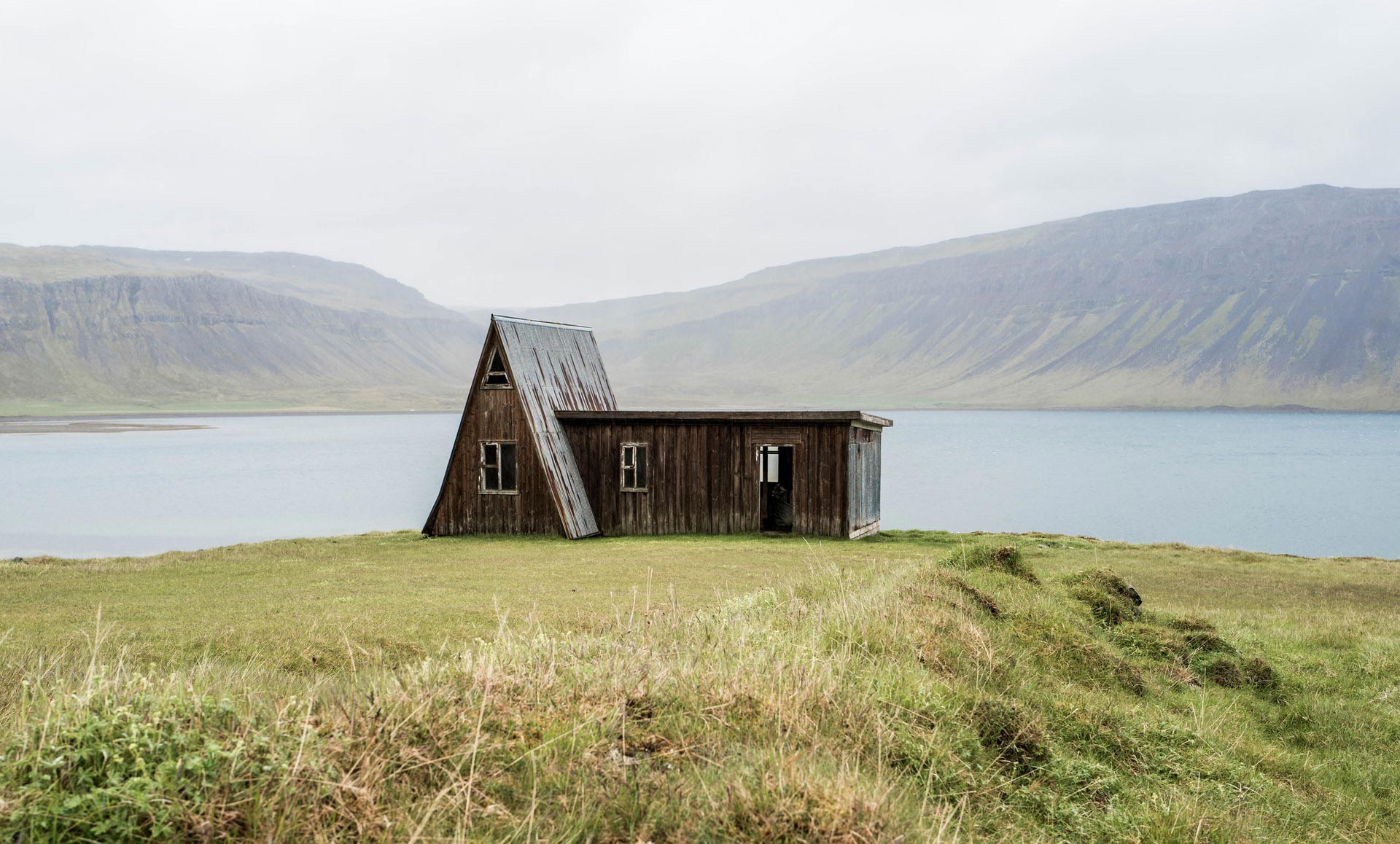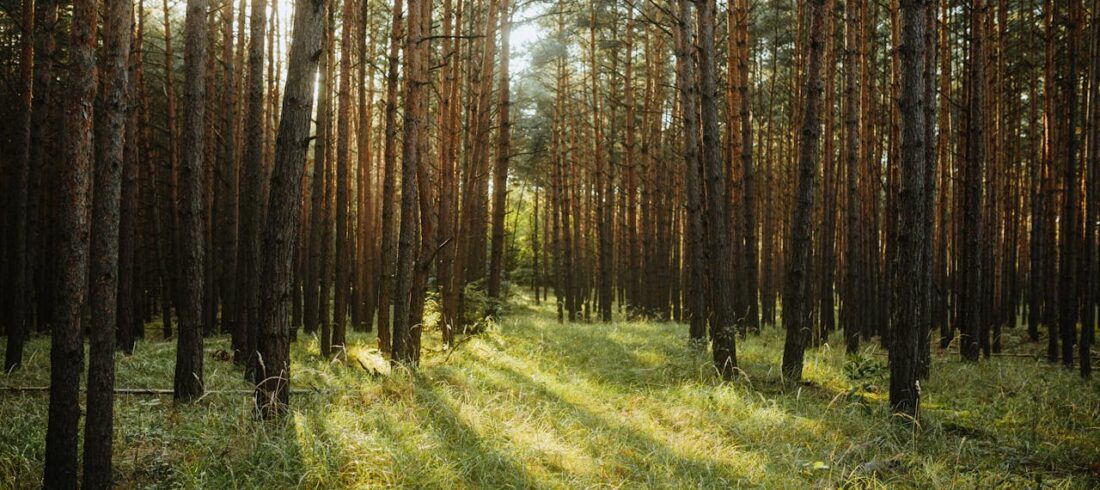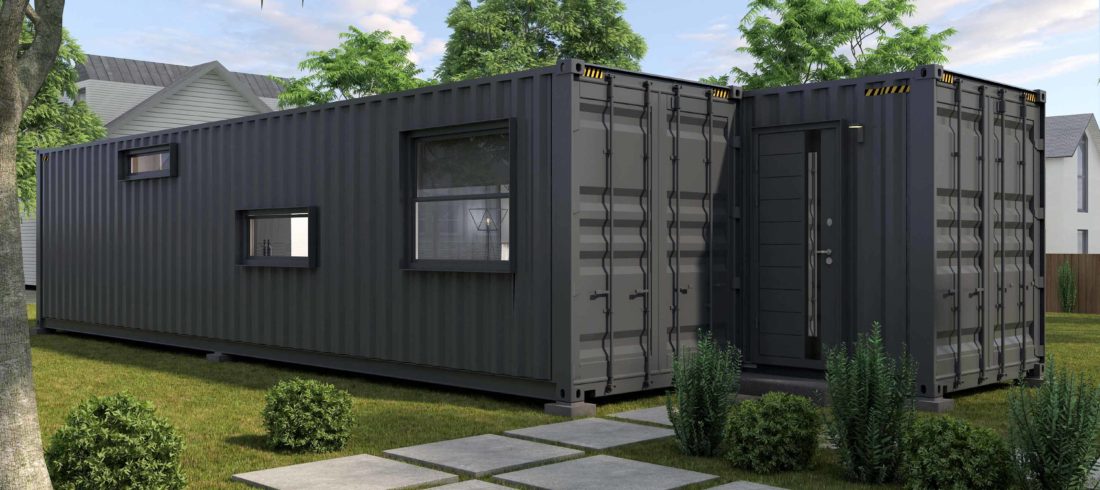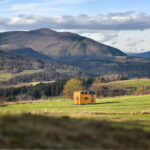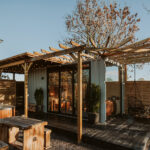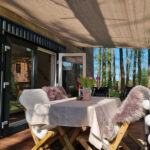Escaping the concrete jungle is a dream for many people across the UK, and living off grid is quickly becoming the main way of leaving the rat race behind. But putting your current way of living to one side in favour of a more tranquil existence doesn’t come without its own complications, the very first of which is being able to source suitable off grid land.
Long-term off grid living provides a simple and peaceful life, but you have to be prepared to put in the work. When it comes to choosing a great development plot, you’ll want to keep the following in mind:
Off Grid Land Quality
Before starting any piece of construction work, it’s important to make sure the land itself isn’t of poor quality. As a country with a rich mining heritage, it has made some sites unsafe for properties, whether they be made from brick, timber or repurposed shipping containers.
Having an independent surveyor assess the quality of your chosen site beforehand could save you a great deal of stress in the long-run. If they identify any problems that can’t be resolved — or are costly to fix — you may be better off looking for a different plot. An expert will be able to point out other environmental factors to consider as well such as:
- Flood risks
- Nearby animal habitats
- Land contamination
The suitability of off grid land can also be determined by your plans for the site. Many who have adopted this lifestyle choose to grow their own crops and tend livestock, meaning they need rich, fertile soil to live sustainably.
Do You Need Permissions?
Technically speaking, you can set up a shipping container home anywhere you want, but only if you own the land outright. There may be some restrictions imposed by local councils to prevent anyone from constructing their home on shared land — particularly if your chosen site is near an area of natural beauty.
It’s always best to err on the side of caution, so make sure to submit your plans to the local authorities first.
Utility Access
Even those living off grid need access to water, electricity and waste services. Some areas are more suitable than others, but if you’re far away from towns and cities, you may need to explore other options.
Water
Setting up a base near a community is one of the easiest ways to get water. Provided you own the land or have permission to develop it, plumbing from a nearby town or village can be connected to your shipping container.
However, if you’re far away from civilisation, don’t have development permissions or environmental factors are causing an issue, you’ll have to get a little creative.
A natural water source such as a stream or river can provide you with all the water you need, and we can install a water catchment tank to collect rainwater.
Power
As with water, the potentially easiest way to generate electricity is to be near a community with a local authority and connect to the main grid. However, many who live off grid want to literally do so.
In these instances, we suggest finding off grid land with the right environmental factors to sustain alternative methods such as:
- Solar
- Wind
- Hydro-electric
Waste Management
Not all elements of off grid living are pretty. As with any lifestyle, you’ll still produce waste. Disposing of regular household waste may mean taking a trip to a nearby community. You could ask the council to pay your site a visit, but be prepared to receive ‘no’ as an answer.
Luckily, this way of life is designed to reduce as much waste as possible, so it may be nothing more than a minor inconvenience to you.
Waste that can be broken down can be used to form a compost heap, but we recommend being very careful about this option to avoid rats and other unwanted wildlife from coming to stay on your off grid land.
The Surrounding Environment
One of the main reasons why living off grid in the UK has become so popular is that people are free from having to live in a hustling, bustling world. They can escape from all the glass and concrete buildings, and take off to more idyllic locations instead.
To experience the full benefit of an off grid life, your surrounding environment should embody the idea of peace and calmness. For some, that means setting up near a riverbank, for others that could mean being situated by the edge of a forest.
Where you choose to locate will also have an effect on the way you live, so be sure to keep that in mind. People near water may take up fishing as a hobby and swim to keep fit. Those near wooded areas can take up trekking and can learn to forage.
There’s no right or wrong answer when choosing off grid land based on the surroundings. Simply find what works for you, and prepare to enjoy a dream lifestyle.
Distance From Civilisation
Leaving civilisation behind would be Heaven to a lot of people, but it’s not ideal in reality. We’re all still human, and we need to connect with others as well as nature and ourselves to live a balanced life.
There’s also the more practical elements to think about. A hospital should never be too far away from your site, and you may still need to visit local shops for food you can’t farm yourself and for items that add an extra touch of luxury.
When looking for off grid land, remember that life isn’t all black and white. While we encourage you to get away from it all every now and again, it doesn’t mean cutting yourself off from the world completely. Find a spot where you can live life on your own terms, but stay connected with what’s going on outside of your own bubble.
The Next Step
Once you’re sure of a location, the next step is to put your plans into motion. If the land is for purchase, get in as soon as you can. If it’s already owned, carve some time out to speak to the owner and see if you can reach a deal to set up shop.
After that, it’ll be time to work on your shipping container home. For that, you can rely completely on us. Make sure to get in touch with your requirements, and we’ll construct the perfect home for your ideal location.
